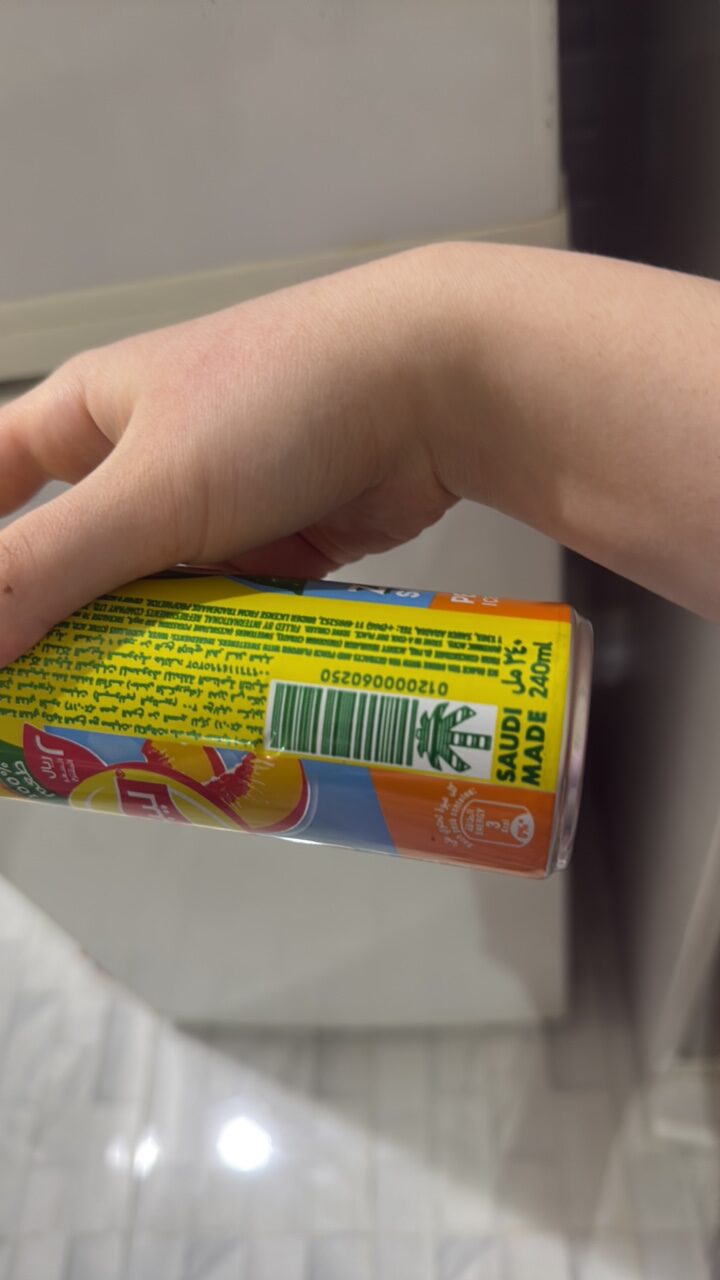
Barcode: 01252316
juice
HALAL
📝 Reason: All ingredients except ‘sweeteners’ are either plant-based or food additive E-codes that match the Halal_ECodes_list provided. Sweeteners remain doubtful because the type is unspecified; it could include artificial sweeteners such as aspartame (E951), which is on the Doubtful_Ecodes_List, making the overall product status Doubtful. According to Islamic dietary laws (Quran 5:3), unclear or doubtful ingredients should be avoided until proven Halal. (Sources: IFANCA, halalharam.org, foodchemadditives.com)
🏷️ Category: Juice
📄 Certificates: Made In Saudi Arabia, 240 Ml, Vegetarisch, Vegan
Ingredients:
Details
Understanding the Halal Status of Juice
When it comes to adhering to Islamic dietary laws, many consumers are keen to ensure that their beverages, like juice, are Halal. In this article, we delve into the Halal status of a popular juice product by examining its ingredients and relevant E-numbers. According to Islamic teachings encapsulated in the Quran (Surah 5:3), it is essential to avoid unclear or doubtful ingredients.
Halal Status of the Juice
The product in question has been determined to have a Halal status overall, but with some caveats regarding the sweeteners used. While most of the ingredients are plant-based or recognized food additives that comply with Halal guidelines, the unspecified nature of the sweeteners raises questions.
Ingredients Breakdown
Let’s take a closer look at the ingredients of this juice product:
- Tea Extract: Tea is a naturally Halal plant derivative, provided it is free from Haram additives. Source: HalalHaram.org
- Peach Juice from Concentrate: This fruit juice is deemed Halal unless mixed with alcohol or Haram-based enzymes. Fortunately, no such concerns arise in this product. Source: HalalHaram.org
- Sweeteners: The term ‘sweeteners’ is generic and can refer to both natural origins (like sugar or stevia) or artificial types (like aspartame, listed as E951). The ambiguity around the type prompts a cautious stance, as stated in various sources. Source: HalalHaram.org, FoodAdditives.net
- Sodium Benzoate (E211): This preservative is extensively used and is recognized as Halal according to the Halal E-Codes list. Source: FoodChemAdditives.com
- Potassium Sorbate (E202): Another commonly used preservative, potassium sorbate is also Halal-certified. Source: HalalHaram.org, FoodChemAdditives.com
- Ascorbic Acid (E300): This Vitamin C compound is classified as Halal and can either come from synthetic or plant sources. Source: IFANCA
Conclusion: The Halal Verdict
In conclusion, while our juice product primarily consists of Halal ingredients—including tea extract, peach juice, sodium benzoate, potassium sorbate, and ascorbic acid—the uncertainty surrounding the ‘sweeteners’ leads us to label the product cautiously. While it has a Halal status, potential consumers should be aware that unspecified enhancements could compromise that classification.
Ultimately, for a product like this juice, it’s recommended for conscientious consumers to seek clarification on the type of sweeteners used, or to reach out to the manufacturer for assurance. Staying informed and aware of ingredient sources ensures that your dietary choices align with Islamic principles.
As this juice is made in Saudi Arabia and is marked as vegetarian and vegan-friendly, it further reflects the brand’s commitment to offering quality Halal products. Always make informed decisions and check product certifications for complete peace of mind!
